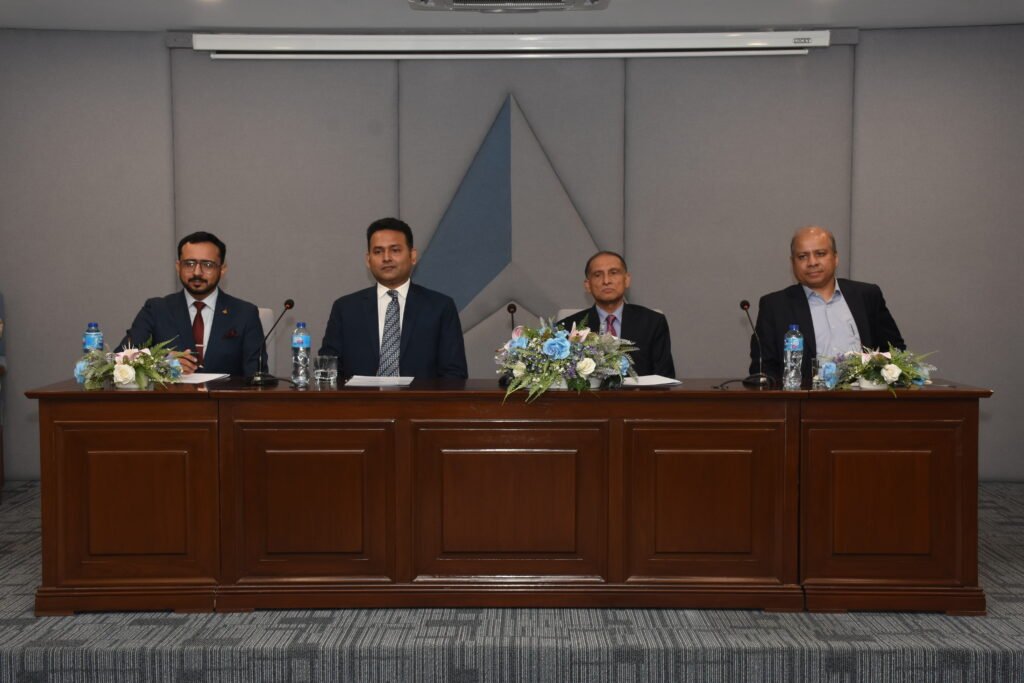
Seminar
Future Security Outlook of South Asia: Trends and Challenges
South Asia is grappling with both traditional and non-traditional security issues, influenced by the region’s historical conflicts, political volatility, and socio-economic disparities. The security calculus of the region is further complicated by the implications of the evolving global political landscape, technological advancement, and environmental challenges.
A major security challenge for South Asia is the rise in extremism and militarism, particularly under Prime Minister Narendra Modi, who recently secured a third term in India. The country’s domestic and foreign policies have affected the regional security environment, posing serious challenges to the stability of neighbouring states, particularly Pakistan. Other persistent challenges include terrorism, economic instability, environmental degradation, and social unrest. The emergence of AI and cyber technologies further adds to the complexity of the non-traditional security equation.
The security dynamics of South Asia have profound implications not only for regional stability but also for global peace. Given that Pakistan occupies a central position in the region, the security challenges and opportunities in South Asia are of paramount importance for its national security. So, while there are challenges, opportunities for dialogue are there as well, and can help build trust and enhance regional cooperation.
In light of these challenges and opportunities, the Centre for Aerospace & Security Studies (CASS), Lahore organised a seminar titled, “Future Security Outlook of South Asia: Trends and Challenges”. The seminar generated actionable insights and strategic recommendations that could help shape a secure and peaceful future for the region and beyond.
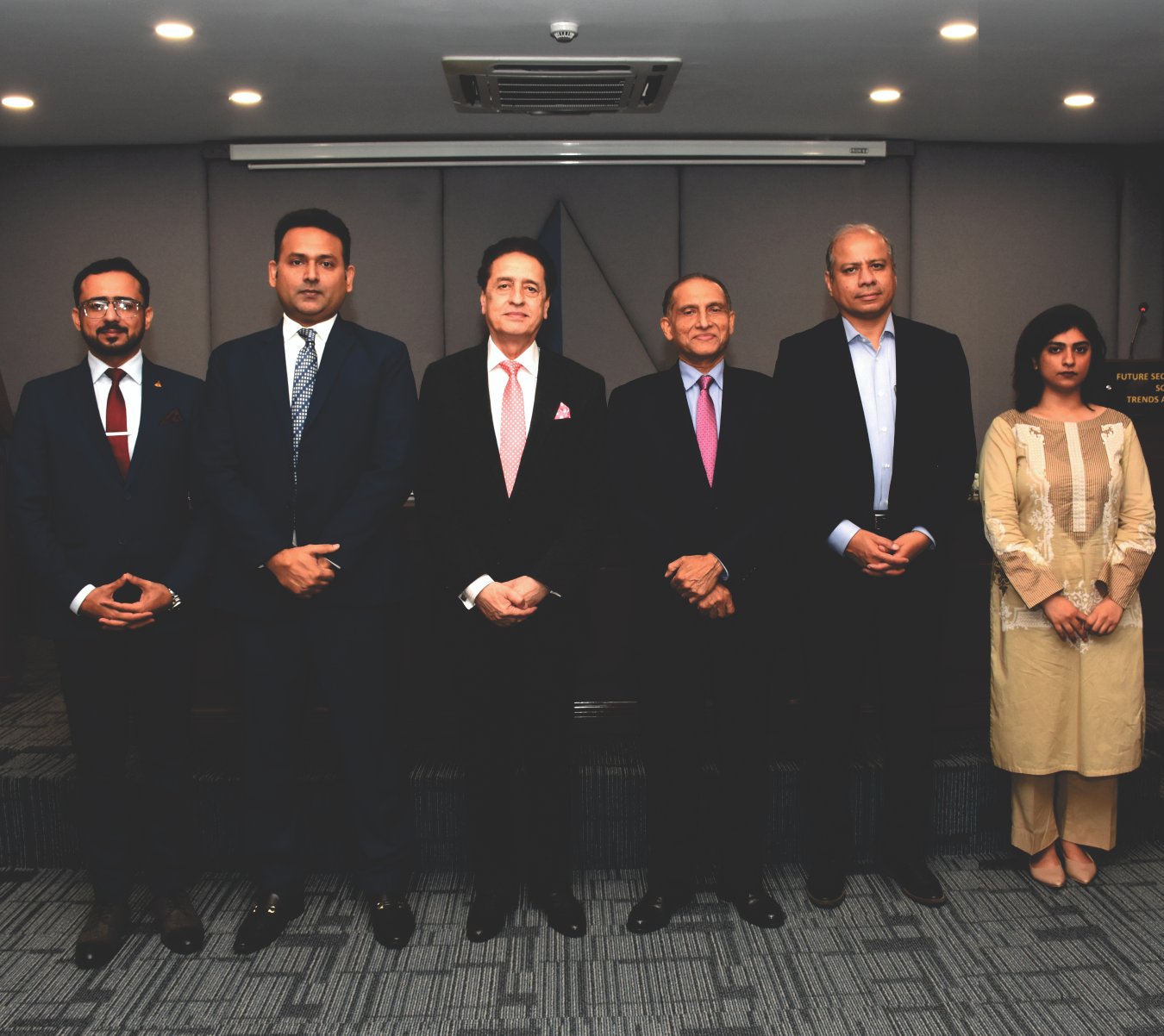
Key Takeaways
The evolving security dynamics of South Asia are increasingly shaped by strained India–Pakistan relations, particularly following August 2019, when India adopted a unilateral approach to Kashmir and disengaged from dialogue with Pakistan. This tension is further heightened by India’s ambition to assert itself in a shifting multipolar world order marked by nationalism, unilateralism, and US–China rivalry. Domestically, India’s strategic outlook is being reshaped by Hindutva ideology, contributing to the marginalisation of minorities, rising militarisation, and a more confrontational regional stance. This ideological shift is also fuelling global Islamophobia and aligning with far-right extremism. Meanwhile, Pakistan’s strategic reach is limited by its neglect of maritime priorities and the contradictions in its Afghanistan policy, particularly regarding border security and terrorism. Altogether, these developments reflect a continued reliance on Western-centric conflict narratives that overlook South Asia’s historical capacity for peace.
Policy Considerations
To secure its future in a volatile regional environment, Pakistan must enhance strategic autonomy by maintaining a balanced relationship with both the US and China, avoiding dependence on either. Prioritising maritime strategy through investment in naval capabilities is vital for safeguarding interests in the Indian Ocean and countering regional isolation. A shift towards geoeconomics—fostering inclusive, development-oriented policymaking—is essential. Provisional integration of Azad Jammu and Kashmir and Gilgit-Baltistan into the federal framework would strengthen administrative coherence and provide constitutional clarity. Embracing digitalisation and supporting high-tech industries can help build a technology-driven society capable of meeting modern security challenges. Pakistan should invest in peace discourse to counter conflict-centric narratives and promote long-term stability. Strengthening ties with Central Asia and normalising relations with Afghanistan would offset Indian isolation efforts and open new regional avenues. Lastly, expanding nuclear deterrence remains crucial for maintaining strategic balance and responding to Indian hostilities.
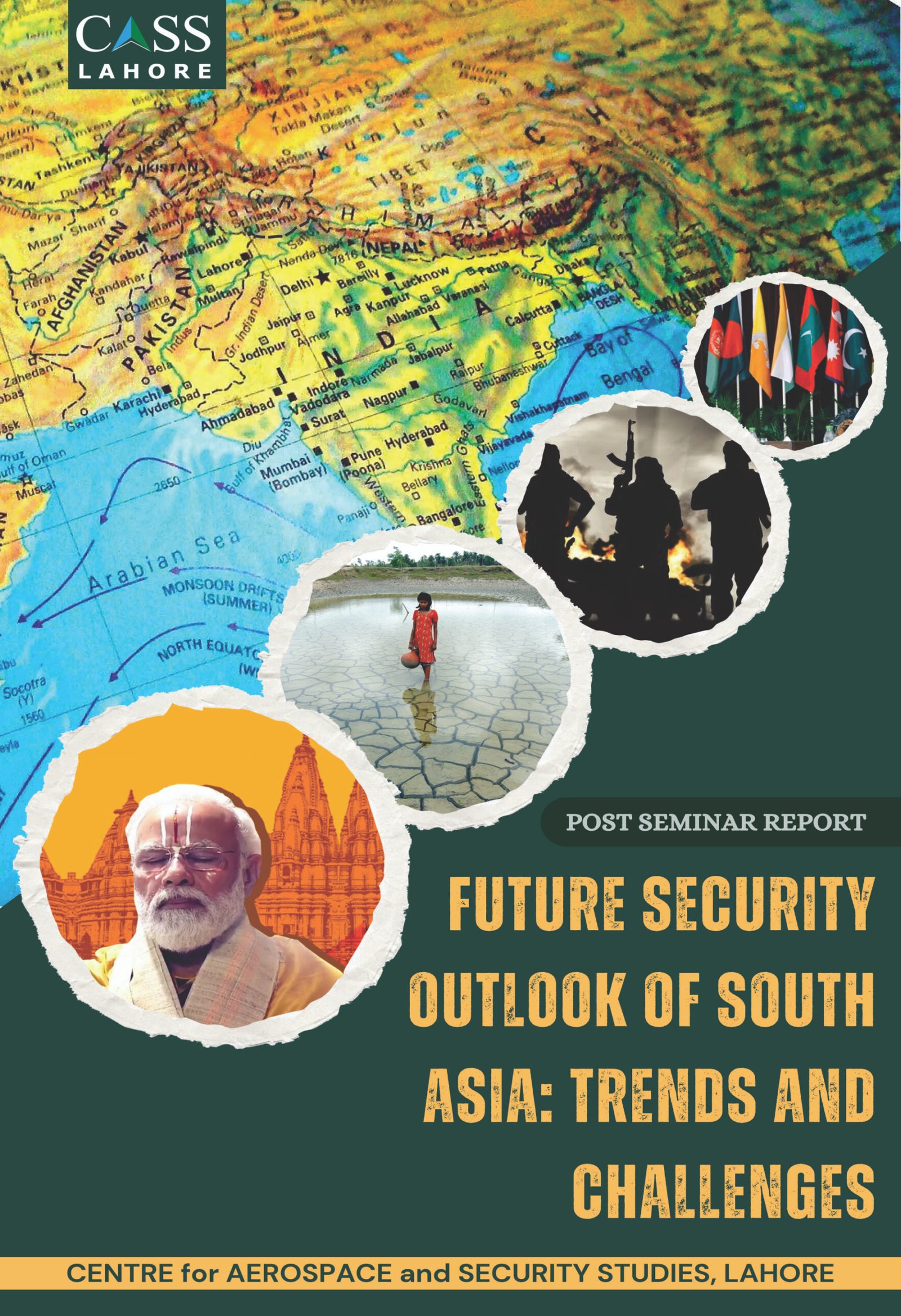
Post Event Report
A comprehensive overview featuring key insights, expert discussions, and strategic takeaways from the event.
Explore speaker highlights, recommendations, media coverage, and event photographs.
Guest Speakers
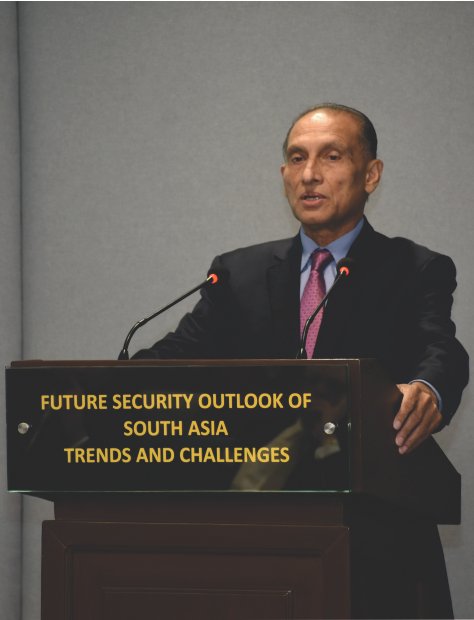
Ambassador Aizaz Ahmad Chaudhary (Retd)
Former Foreign Secretary
Dr Khuram Iqbal
Associate Professor, National Defence University, Pakistan

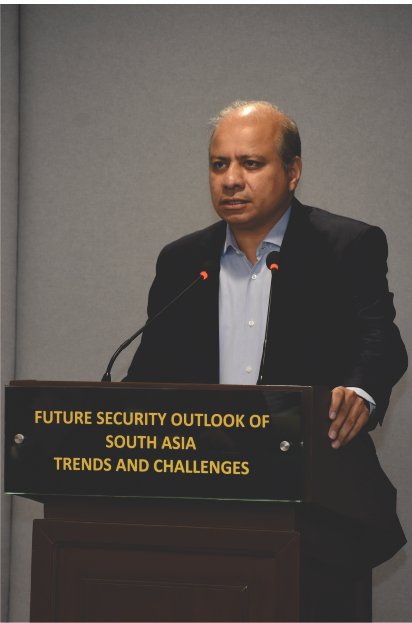
Dr Farhan Siddiqui
Associate Professor, Quaid-i-Azam University, Islamabad
CASS Speakers
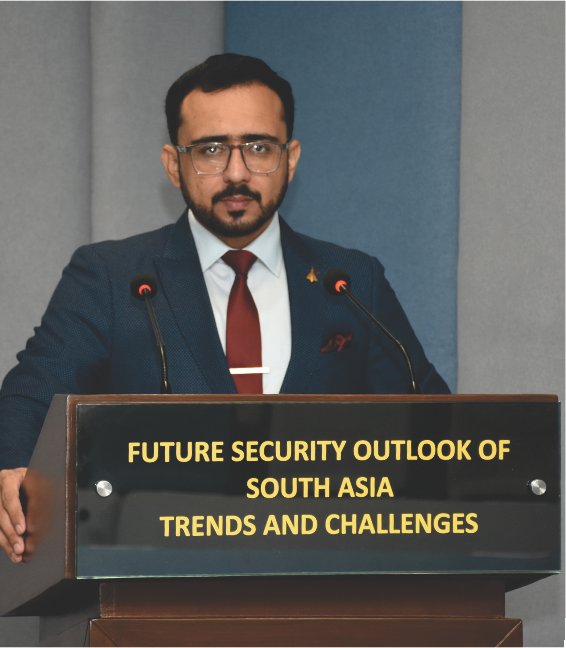
Ameer Abdullah Khan
Senior Researcher, CASS Lahore
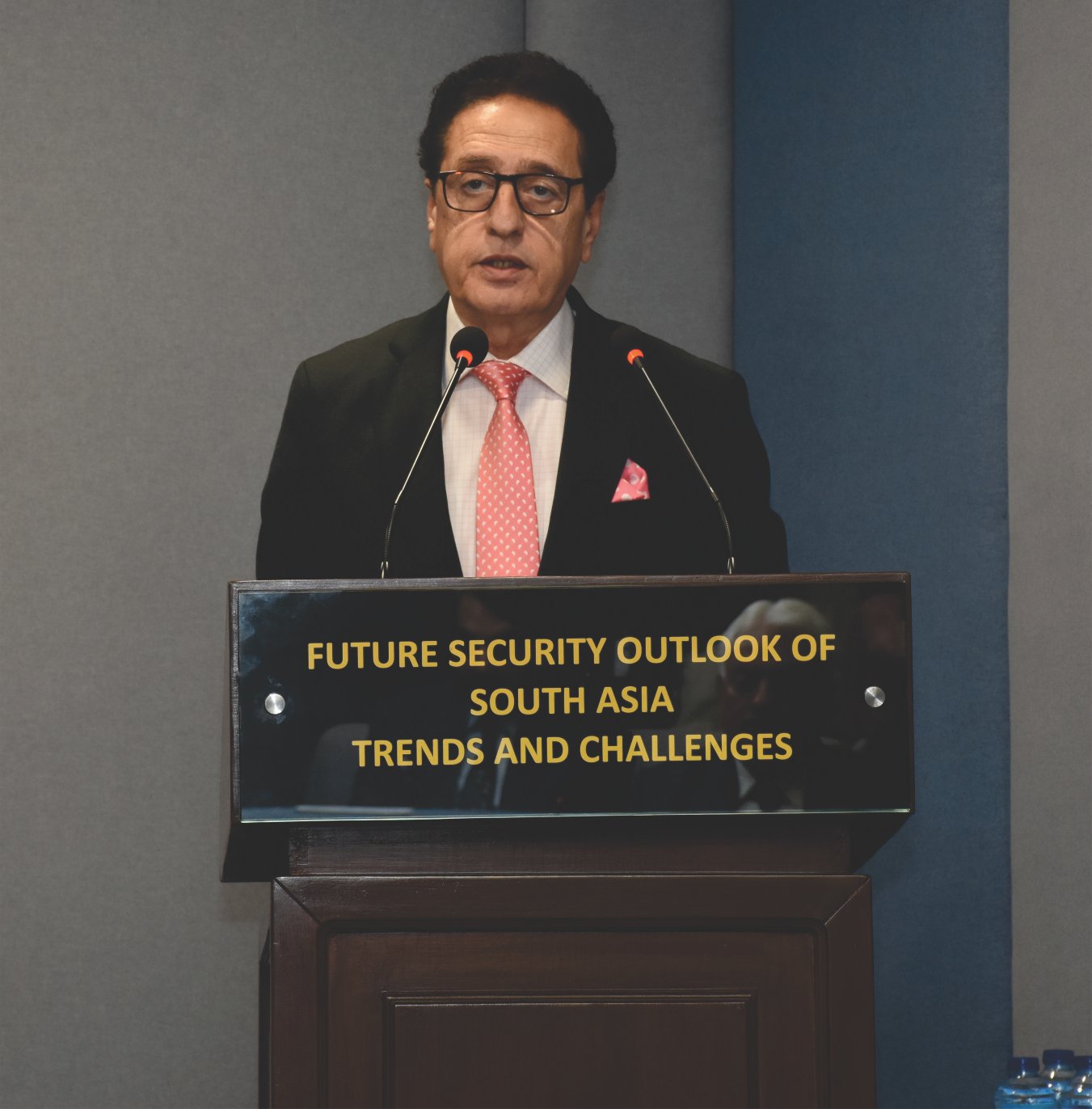
Air Marshal Asim Suleiman (Retd)
President, CASS Lahore
Master of the Ceremony
Researcher
Mehroo Waqas
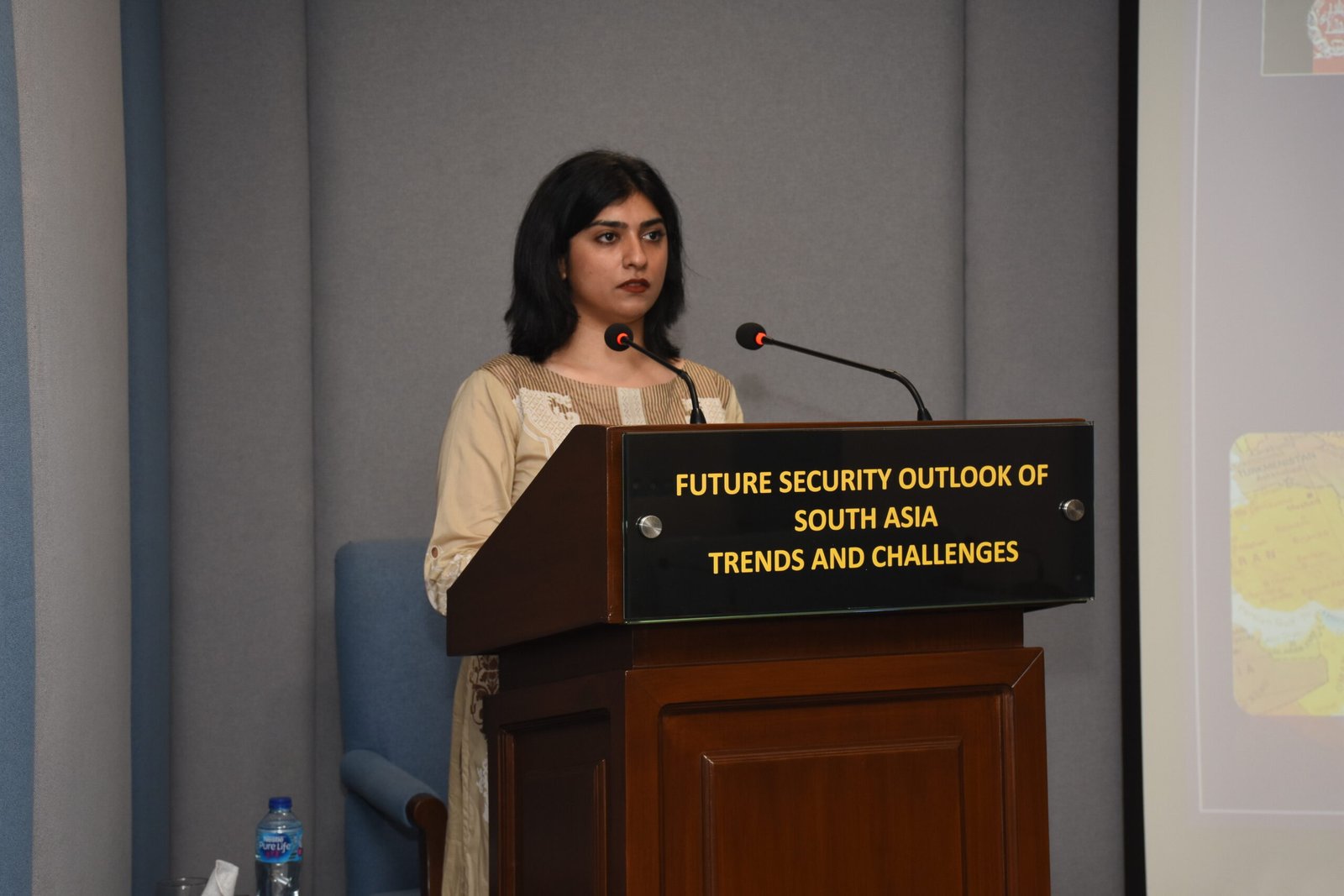
CASS LAhore

The Centre for Aerospace & Security Studies (CASS) was established in July 2021 to inform policymakers and the public about issues related to aerospace and security from an independent, non-partisan and future-centric analytical lens.


